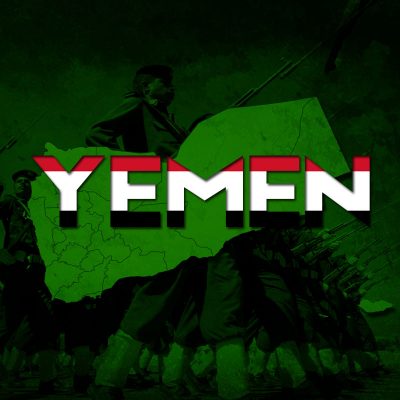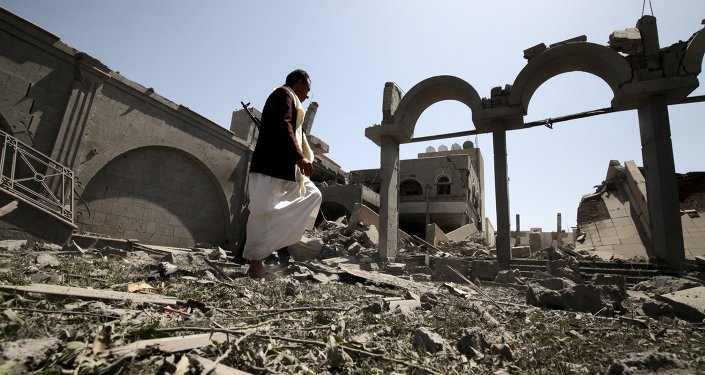It’s been a year already since the beginning of a conflict that has driven the nation to severe humanitarian and political crises whose solution doesn’t appear to be close at all.
The second heir to the throne and Defense Minister of Saudi Arabia, the prince Mohammed bin Salman bin Abdulaziz, stated that the end of the war in Yemen depends directly on whether the rebels respect the UN resolutions or not.
Bin Salman, who is also vice-Prime Minister of Saudi Arabia, received the UN special envoy for Yemen, Ismail Ould Cheikh Ahmed in Riyadh a day after the last one held a dialogue with Abd Rabbuh Mansour Hadi, president of Yemen and with the Iranian vice-chancellor Hossein Amir-Abdollahian.
According to official sources, the dialogue of Cheikh Ahmed and Abdulaziz was mainly focused on a review of the latest events in the Yemeni nation and the efforts made to solve crisis and establish peace and stability in the country and the region as well.
However, the representative of the monarchy, Al-Saud discarded a political solution to the conflict in Yemen and Saudi bombardments in the country, unless insurgent members of the Chia Ansar Allah movement compel to the 2216 resolution of the United Nations Security Council and the Gulf Initiative.
The official agency of the Wahabi kingdom SPA informed on Tuesday of the encounter of president Hadi with the special envoy of the UN, where the Yemeni leader reiterated his interest on working towards a long-lasting peace in his country.
In Hadi’s opinion, pacification in Yemen will become effective by means of the restoring of the political process for the implementation of the results of the national dialogue aiming to build a safe and firm State based on justice, equality and good governability.
Cheikh Ahmed, on his side, expressed his optimism in the viability of the steps that are being taken currently to halt belligerence and establish peace based on resolutions with international legitimacy.
The recent contacts of the Mauritanian diplomat were preceded by a series of accusation of the UN to the military coalition led by Saudi Arabia for the shelling of a market in the Northeast of the country that left over 100 civilians dead.
Representatives of the United Nations High Commission for Human Rights claimed that the Saudi-led alliance that tries to suffocate the uprising of houthis has committed carnage against civilians adding that the coalition is not being successful at trying to avoid this situation to happen again.
According to the same commission, the bombardments to the Al-Khamees market, in Hajjah province, are for sure one of the most lethal incidents of the crisis.
The Vice-chancellor of Iran for African-Arabian Affairs insisted while holding the dialogue with Cheikh Ahmed that nation of the Middle East and Western powers implied should look for a political solution for the crisis.
Amir Abdollahian ratified that dialogue is the only way to overcome the current conflict and that all the belligerent groups must plead for the understanding path and stop the combats that have caused thousands of deaths by now.
Written by Lisbeth Mechter





